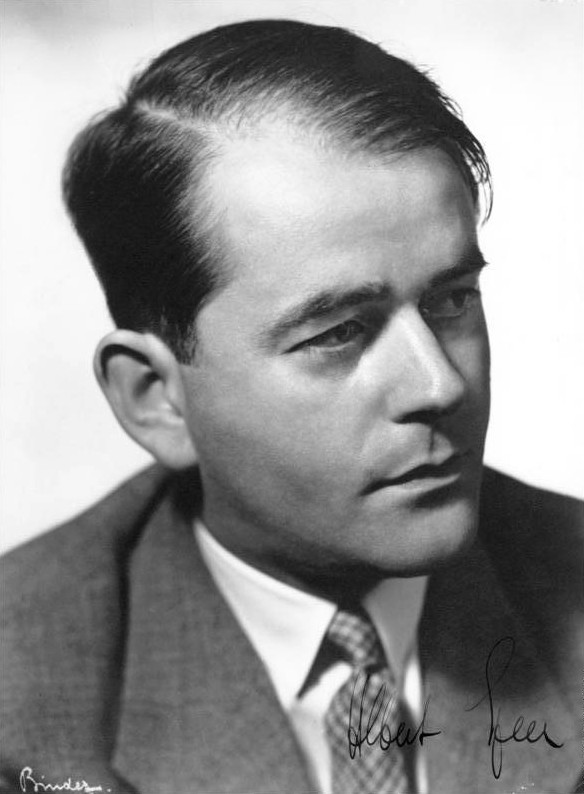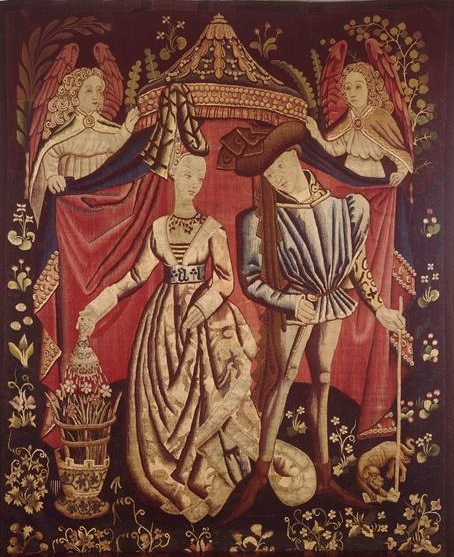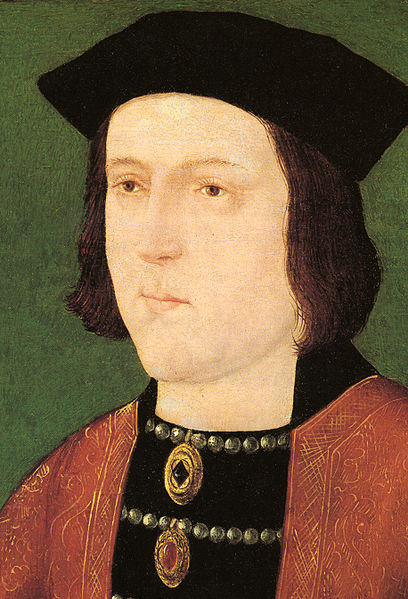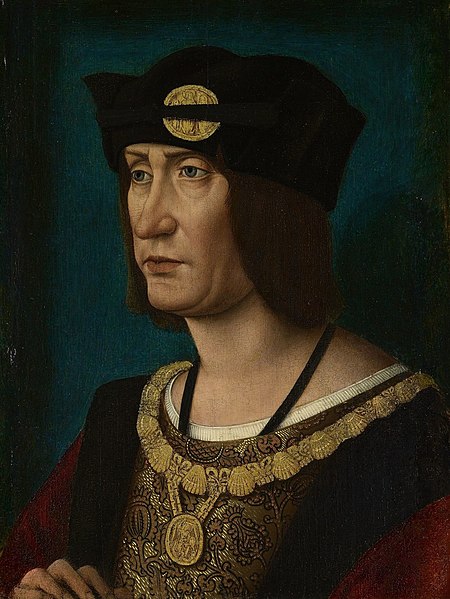Spreading the Truth
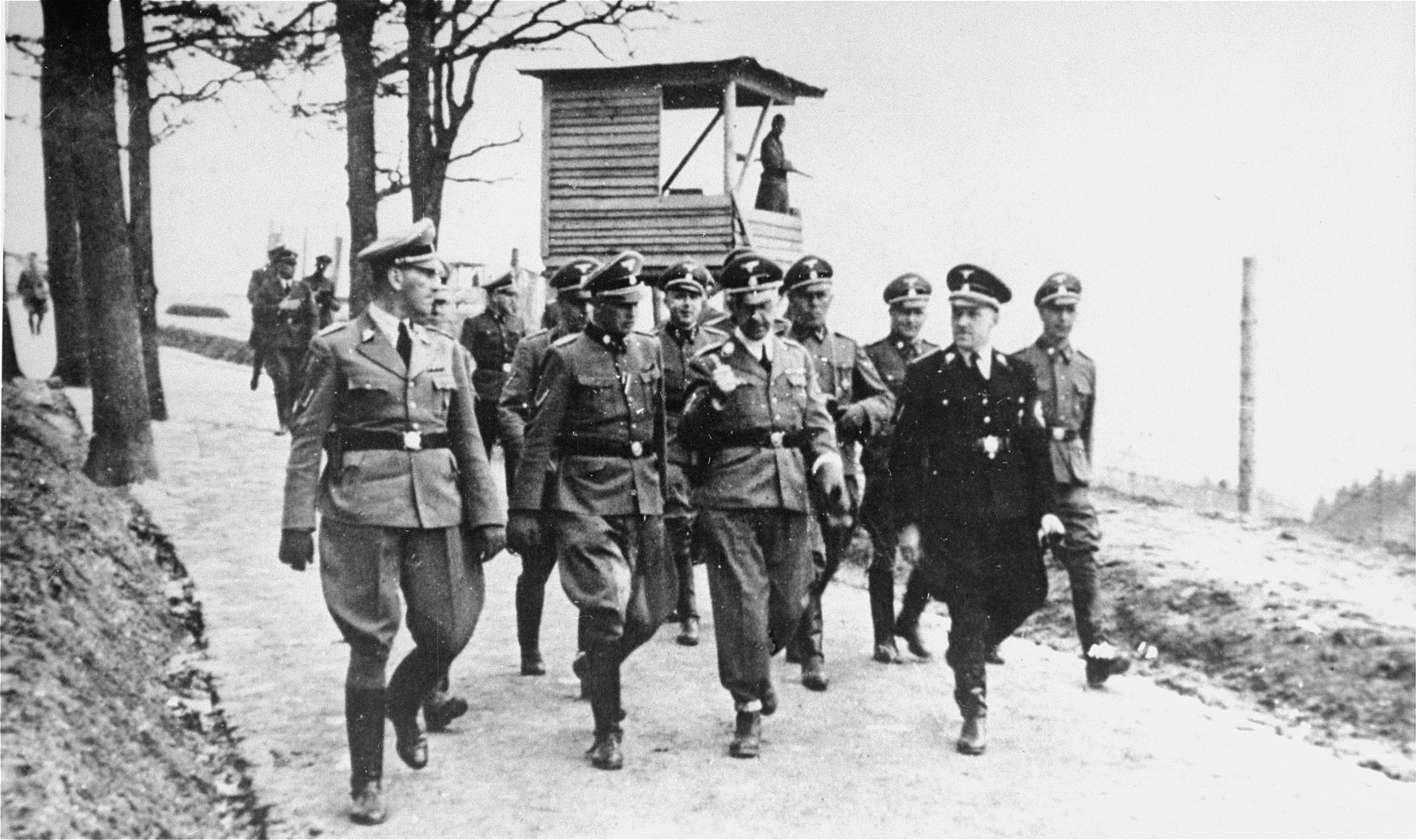 |
| Himmler and Kaltenbrunner visit Mauthausen 1941 |
On 4th
October 1943 at the town hall of Posen[i] Heinrich Himmler, Reichsfuhrer der SS, gave a speech
detailing the atrocities that were happening in the death camps in the Eastern
territories. This speech was not meant for public edification[ii];
'A glorious page in our
history and one that has never been written and never can be written.'[iii]
He informed
his audience that the SS was strong enough to carry this burden on their
shoulders for the good of the German people.
‘We together – carry for our
people the responsibility……….and then take the secret with us to the grave.’[iv]
Himmler was
not speaking to the uninitiated on this day; his audience comprised of senior
SS leaders; which included all but four of his senior officers[v]. Kershaw (among others)
suggests that the reason for the speech and the one two days later, to a
different audience, was to stress the joint
responsibility of the leaders of the regime for the horrors of the death
camps.
The speech
was wide ranging, covering a number of topics in detail.
The Jews
‘I mean……….the extermination
of the Jewish race.’[vi]
Page 65 of speech
There can be
no doubt, to anyone knowing the relationship between the Reichsfuhrer and his
master that if Himmler knew of the extermination of the Jews, then Hitler knew too. Like many other of
Hitler’s subordinates Himmler was in thrall to his master and under no
circumstances would he have undertaken a project of this magnitude without
Hitler’s direct approval. It was only at the end, as Himmler saw the death
throes of the Nazi regime and desperate to save his beloved SS, that he betrayed Hitler.
Himmler
approved of the hardness of his men; that they were able to kill without
compunction. He made an oblique reference to the SS involvement in the Night of
the Long Knives. He also agreed that some Jews might be considered acceptable
by people, who presumably did not realise the danger posed by this alien race, and should not therefore be
considered for Endlosung[vii];
'The eighty million worthy
Germans, and each one has his one decent Jew.'[viii]
Indeed there
were Jews who were exempted from the destruction raining down on Jewry, and Erhard Milch, Luftwaffe Field Marshall was one such; and the dead
Heydrich was believed by the regime to have been another.
Posen Town Hall
Himmler claimed
that if they had not removed the Jews from Germany the authorities would have
been faced with Jewish saboteurs and agitators fomenting trouble; causing
distraction from the great task of winning the war. The Jewish uprising in Warsaw earlier in the year no doubt
coloured his thinking; he may have been referring to it when he said;
‘We had the moral right, we
had the duty to our people to destroy this people [the Jews] which wanted to
destroy us.’[ix]
The
inhumanity of the speech gives an insight to the character of the man making
it; a man, whose relationships with his staff were based on his own
insecurities and need to bully his inferiors into acquiescence.
Himmler
prided himself that the SS had not enriched themselves from the destruction of
the Jews
‘The riches which they owned
we have taken from them. I have given strict orders, which Obergruppenfuhrer Pohl has
carried out, that this wealth should naturally be delivered to the Reich. We
have taken nothing.’[x]
Oswald Pohl
This
statement of course was incorrect; many SS men within and without the camps had
enriched themselves by stealing from the dead and dying, the displaced and the
imprisoned. And of course the SS itself benefitted from the thefts, monies
being paid into a secret account in Berlin.
There were
also distributions of watches, pens, clothing and other items to members of the
Waffen SS. As early as 1939 Himmler arranged for winter kit for his troops,
using furs appropriated from Jewish women held at Ravensbruck
concentration camp.
Slave Labour
Himmler
critiqued the policies of his own staff in the WVHA[xi] who, rather than looking after the
welfare of the slave labourers, allowed the maltreatment that killed so many.
'At that time [1941] we did
not value the mass of humanity as we value it today, as raw material, as labour………….is
now deplorable by reason of the loss of labour, is that the prisoners died in
tens and hundreds of thousands of exhaustion and hunger,’[xii]
Mass graves at Dora-Central
From
automatically killing those they despised and hated the Nazis moved to working
their slaves to death, in the concentration camps and in off-shoot camps like Dora-Central, where slaves died working on the wonder weapons, the V1
& V2 rockets. Prisoners were used to make uniforms, make arms and help the
war effort.
‘Whether nations live in
prosperity or starve to death interests me only in so far as we need them as
slaves for our Kultur: otherwise, it is of no interest to me. Whether 10,000
Russian
females fall down from exhaustion while digging an anti-tank ditch interests me
only in so far as the anti-tank ditch for Germany is finished.’[xiii]
The Germanisation of Europe
Obergruppenfuhrer Wolff
Lebensborn was an organisation set up by
Himmler under the aegis of the SS in 1935. It provided care for women having
children fathered by SS men[xiv]. In 1938 it was
transferred from RuSHA[xv] to the Personalstab RFSS under Karl Wolff. After 1939 the organisation undertook responsibility for
the children of Poles, who had the valuable characteristics of Aryans that were
so important to Himmler’s racial theories. These children were forcibly removed
from their parents and given to German couples[xvi] and Germanised.
In this
speech Himmler defended this practise in passing;
'Whatever we find in the way
of good blood from our race we will take, if necessary, by stealing children
and raising them ourselves.'[xvii]
This of
course included the children of Lidice, stolen from their families as part
of the retribution for the death of Reinhard Heydrich.
The practise
was continued throughout the occupied territories during the war. Himmler
himself early in 1943 had taken a fancy to two young blonde, blue-eyed Russian
boys, who were cleaned up and given a little schooling before joining Himmler
and his staff on his train Heinrich[xviii]. After a time the boys
were then placed in school for indoctrination and Germanisation.
The Future of the SS
The speech
also covered the growth of the SS and its guiding principles;
'One principle must be
absolute for the SS man: we must be honest, decent, loyal and comradely to
members of our own blood and to no-one else.'[xix]
And
Himmler’s vision for the future; the SS must be ready to take over all the
senior roles in a Nazi ruled Europe;
'In twenty to thirty years
we must really be able to present the whole of Europe with its leading class.'[xx]
In the
future Himmler’s ongoing programme of infiltrating all the machinery of
government, with members of the Order of the SS, would result in the SS
reigning supreme.
‘This Germanic Reich needs
the Order of the SS. It needs it at least for the next few centuries.’[xxi]
Along with
his master Himmler truly believed that the war would be won; not all of his
audience were as convinced. And this despite admitting that the Nazis had
persuaded themselves that the Soviet show trials in 1937 had been a blunder of the highest order;
‘During the Moscow
trials……….we were persuaded……..in the SS that Stalin had made his greatest
blunder. That was an out and out error on our part.’[xxii]
And More
Albert Speer 1933
Two days
later Himmler gave what amounted to the same speech to the Reichsleiters[xxiii] and Gauleiters[xxiv], an audience who were
later in the day also addressed by Albert Speer[xxv], Admiral Donitz and Field Marshall Milch. According to Speer the audience
got blind drunk afterwards, possibly horror struck at the vistas opened up by
Himmler; implicating all Nazi senior officials in the Holocaust.
Wolfsschanze
The
following day the Reichsleiters and Gauleiters attended Hitler at the Wolfsschanze, where the Fuhrer knew that his audience had been made aware
of their complicity in the horrors ongoing in the death camps. Hitler was
ordering these Nazi senior officials to undertake all out war to ensure
Germany’s survival.
‘The entire German people
know that it is a matter of whether they exist or do not exist. The bridges
have been destroyed behind them. Only the way forward remains.’[xxvi]
He
threatened that without a Nazi victory there would be nothing left of Germany;
only the triumph of her enemies.
Bibliography
Belzec,
Sobibor, Treblinka - Yitzhak Arad, Indiana University Press 1999
Documents on
the Holocaust – Ed. Yitzhak Arad, Israel Gutman, Abraham Margaliot, University
of Nebraska Press 1999
The Origins
of the Final Solution – Christopher R Browning, Arrow Books 2005
Hitler – a
Study in Tyranny – Alan Bullock, Penguin Books 1962
The Face of
the Third Reich – Joachim Fest, Penguin Books 1970
The
Destruction of the European Jews, Volume 3 – Raoul Hilberg, Holmes and Meier
1985
Nazi
Aggression & Violence Volume 1 International Military Trials Nuremberg,
United States Government Printing Office 1946
Hitler
1936-1945 Nemesis – Ian Kershaw, Penguin Books 2001
Heinrich
Himmler – Peter Longerich, Oxford University Press 2011
Heinrich
Himmler – Roger Manvell & Heinrich Fraenkell, Greenhill Books/Lionel
Leventhal Ltd 2007
The SS Alibi
of a Nation – Gerald Reitlinger, Da Capo Press 1989
The Rise and
Fall of the Third Reich – William L Shirer, Book Club Associates 1985
www.wikipedia.en
[i]
Capital of the Warthegau province, in west central Poland
[ii]
The speech was however recorded; listen here http://www.youtube.com/watch?v=6yi9hT8ES2g
for part of the recording.
[iii]
Nemesis - Kershaw
[iv]
The Origins of the Final Solution - Browning
[v]
Kaltenbrunner, Wolff, Daluege (already on sick leave at this time) &
Globocnik; Wolff claimed that he knew nothing of the Holocaust despite being
Chief of the Personalstab RFSS
[vi]
The Rise and Fall of the Third Reich - Shirer
[vii]
The regime’s term for the killing of undesirables, who included not only Jews,
but also Gypsies, homosexuals, asocials, Communists and Jehovah’s Witnesses
among others
[viii]
Documents of the Holocaust – Arad, Gutman, Margialot
[ix]
Hitler – Alan Bullock
[x]
The Destruction of the European Jews - Hilberg
[xii]
The Rise and Fall of the Third Reich - Shirer
[xiii]
Nazi Aggression & Violence Volume 1 International Military Trials,
Nuremberg
[xiv]
In and out of wedlock
[xv]
Rasse-und Siedlungshauptamt-SS (SS Race and Settlement Main Office),
[xvi]
Many never to see their families again. For more on this subject see Lebensborn
- Clay and Leapman
[xvii]
Heinrich Himmler - Longerich
[xviii]
Named after an ancient Germanic king
[xix]
The Face of the Third Reich - Fest
[xx]
Hitler - Bullock
[xxi]
The Face of the Third Reich - Fest
[xxii]
The SS - Reitlinger
[xxiii]
The political rank below Hitler; Himmler was one.
[xxiv]
The second highest political rank; Nazi official in charge of a Gau.
[xxv]
Who was later to claim no knowledge of the subjects under discussion
[xxvi]
Nemesis – Kershaw




